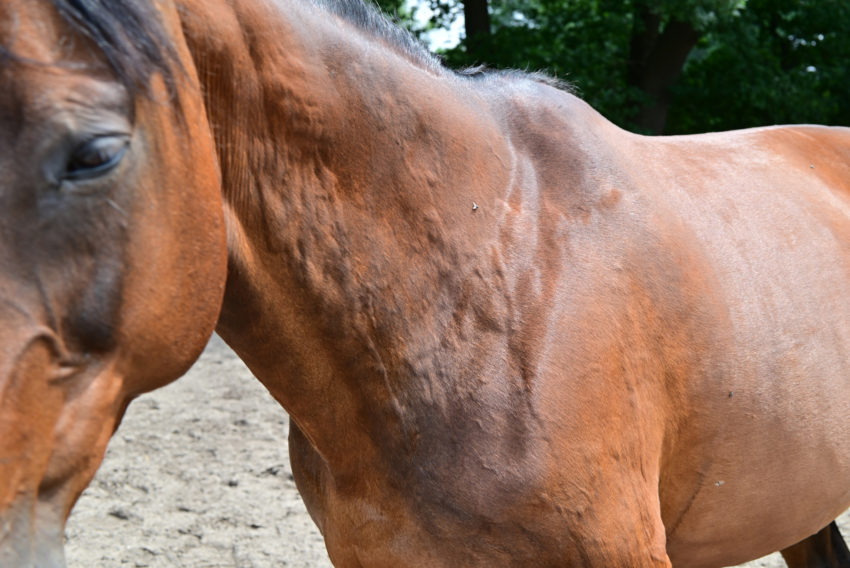Horses are magnificent creatures that are known for their strength, agility, and beauty. However, like humans, horses can also suffer from allergies. Equine allergies are a common occurrence and can cause discomfort and health issues for horses. In this blog, we will discuss the causes, symptoms, and treatment options for horses with allergies.
Causes of Equine Allergies
Horses can develop allergies to a variety of substances, including pollen, dust, mold, and insect bites. Some horses may also be allergic to certain types of feed or bedding. Allergies occur when the horse’s immune system overreacts to these substances and produces an inflammatory response.
Symptoms of Equine Allergies
The symptoms of equine allergies can vary depending on the substance causing the reaction. Some common symptoms include:
- Itching and scratching
- Hives or welts on the skin
- Swelling of the face, eyes, or legs
- Runny nose or eyes
- Coughing or wheezing
- Digestive upset, such as diarrhea or colic
If you notice any of these symptoms in your horse, it’s important to consult with a veterinarian to determine the cause and appropriate treatment.
Treatment Options for Equine Allergies
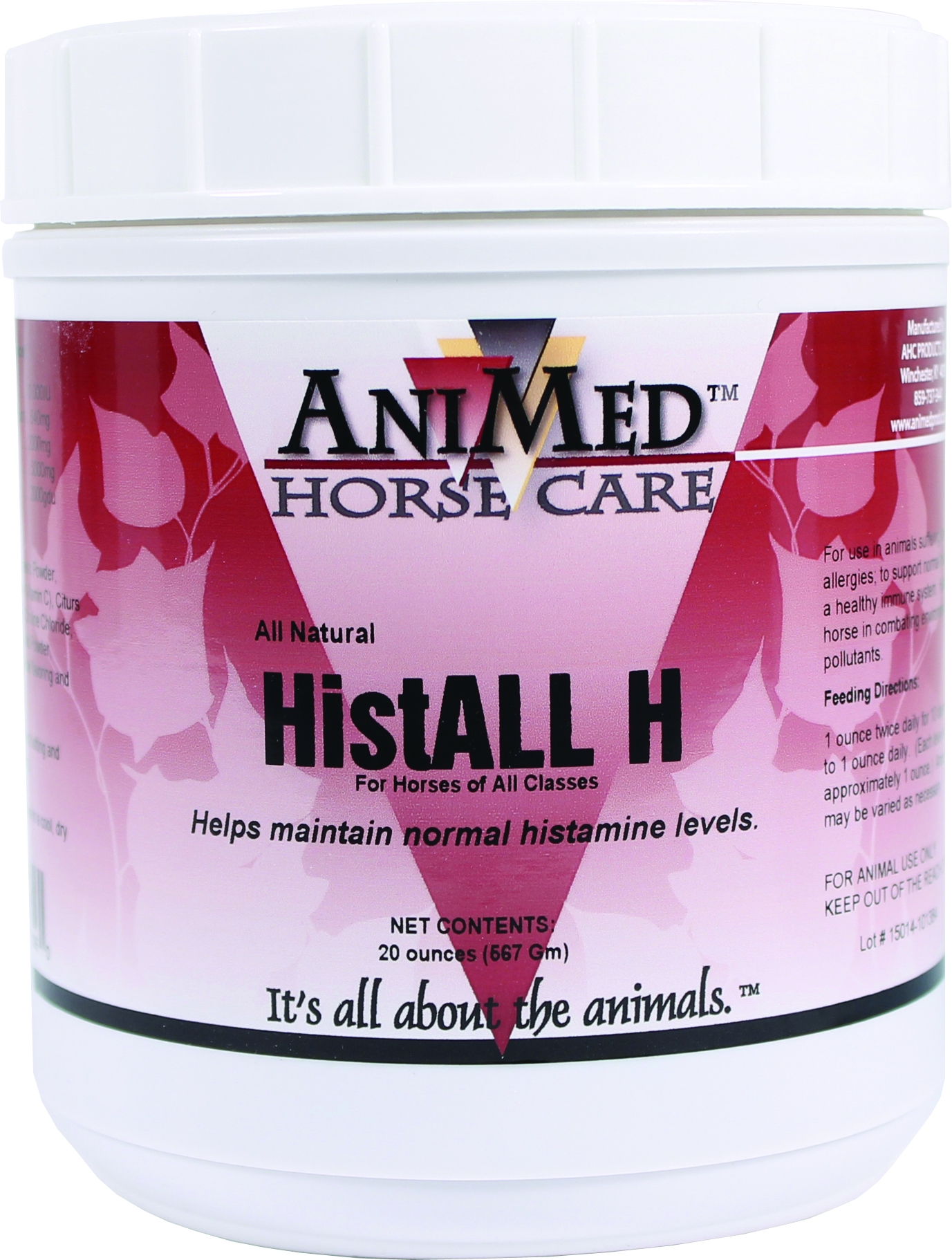
The treatment for equine allergies will depend on the severity of the reaction and the substance causing the allergy. In some cases, simply removing the allergen from the horse’s environment may be enough to alleviate the symptoms. For example, if the horse is allergic to a certain type of bedding, switching to a different type may help.
If the symptoms are more severe, the veterinarian may prescribe antihistamines or corticosteroids to reduce inflammation and alleviate itching. In some cases, allergy testing may be necessary to determine the specific allergen causing the reaction.
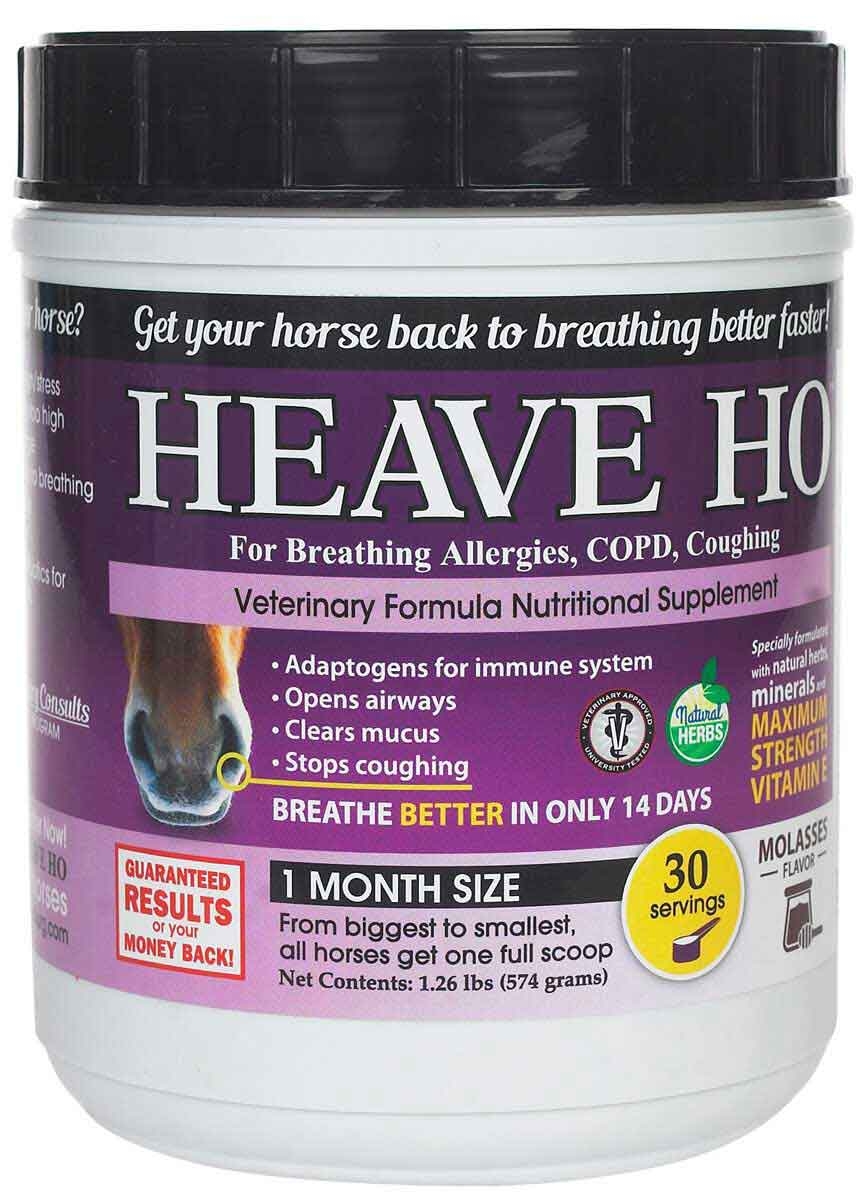
Prevention of Equine Allergies
Preventing equine allergies can be challenging, but there are some steps you can take to reduce the risk of your horse developing an allergy. These include:
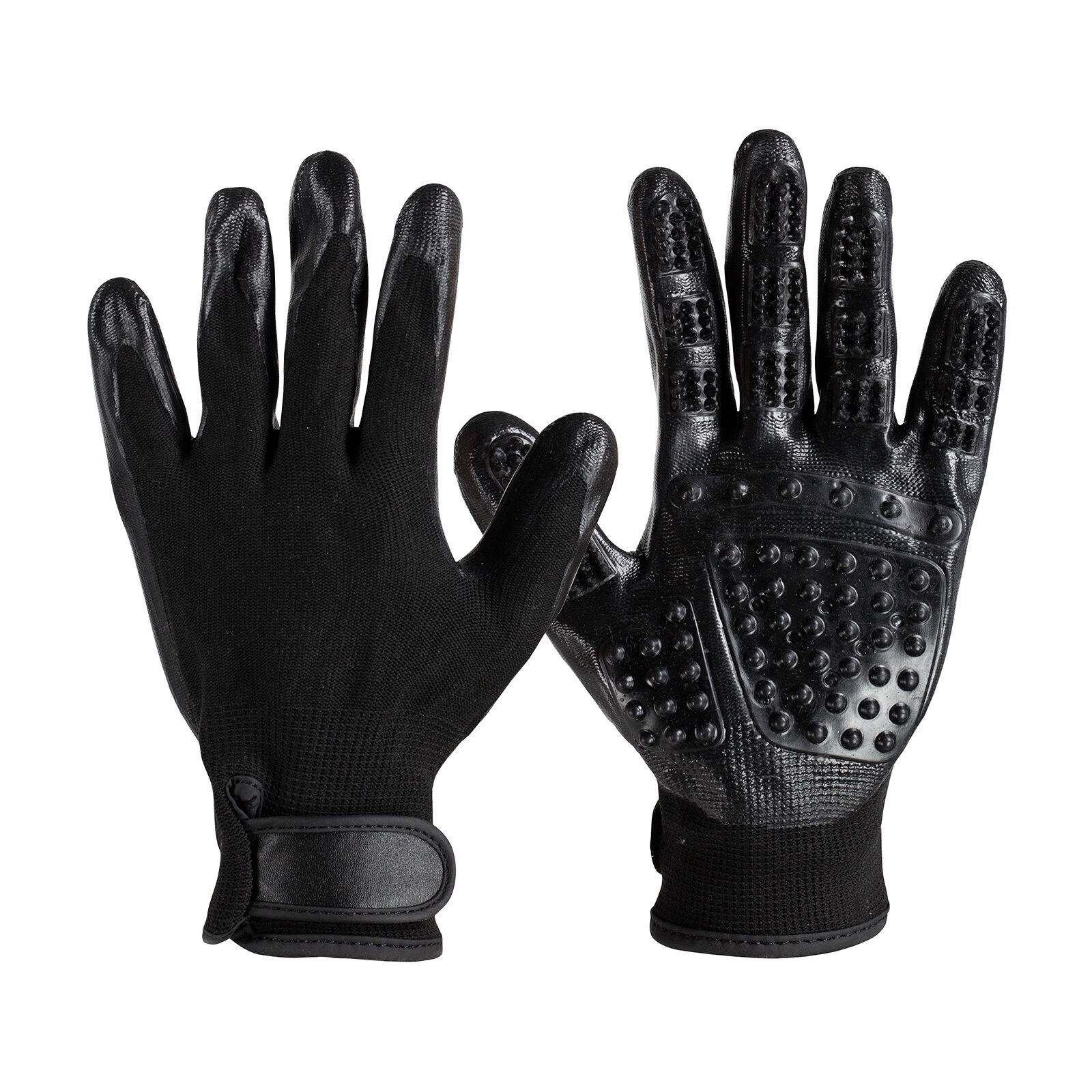
- Keeping the horse’s environment clean and free of dust and mold
- Using high-quality feed and bedding
- Providing regular grooming to remove pollen and other allergens from the horse’s coat
- Using insect repellent to prevent bites and stings
- Using barrier horse clothing to prevent contact with allergens and reduce contact from pests

By taking these steps, you can help keep your horse healthy and reduce the risk of allergies.
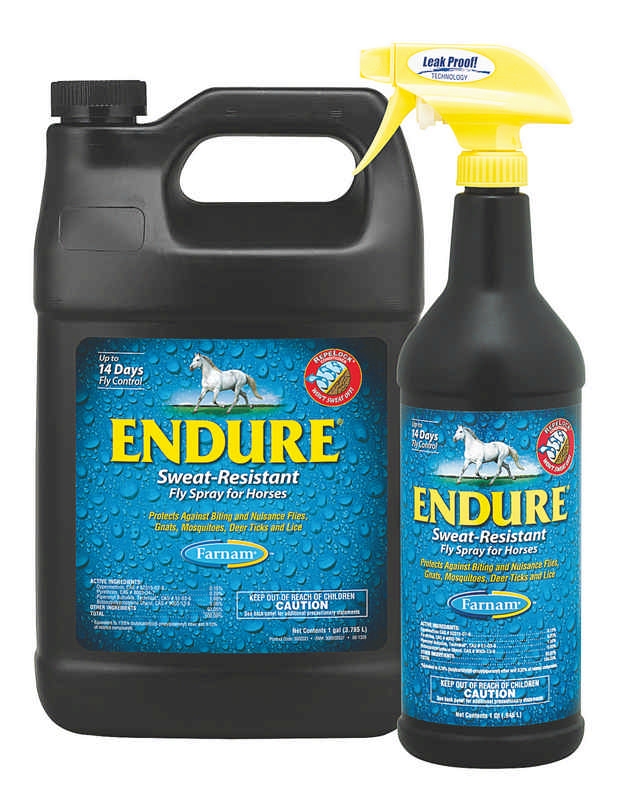
Conclusion
Equine allergies are a common occurrence that can cause discomfort and health issues for horses. By understanding the causes, symptoms, and treatment options for equine allergies, you can help keep your horse healthy and comfortable. If you suspect that your horse has an allergy, consult with a veterinarian for appropriate diagnosis and treatment.

